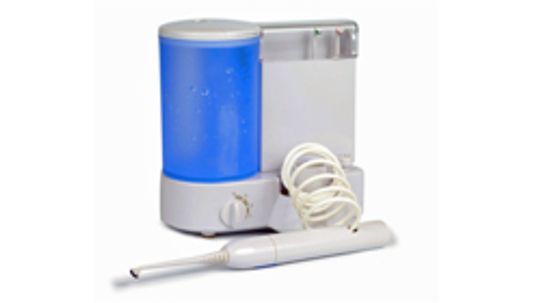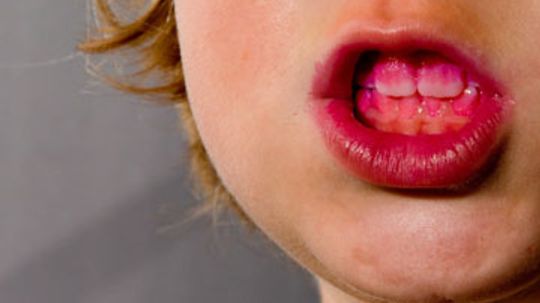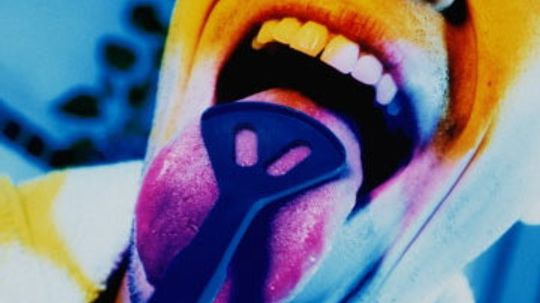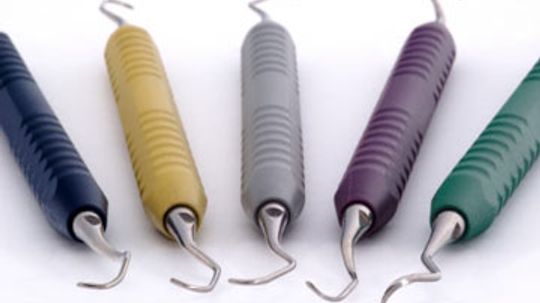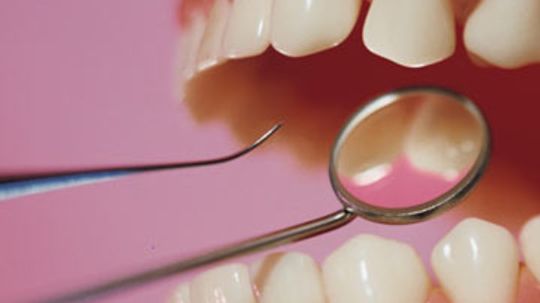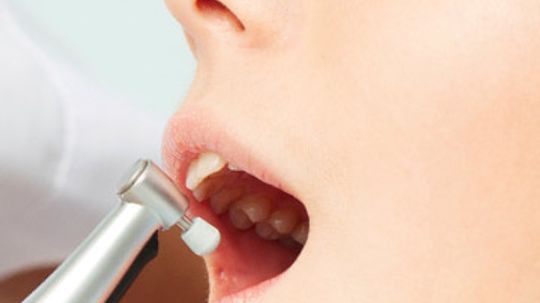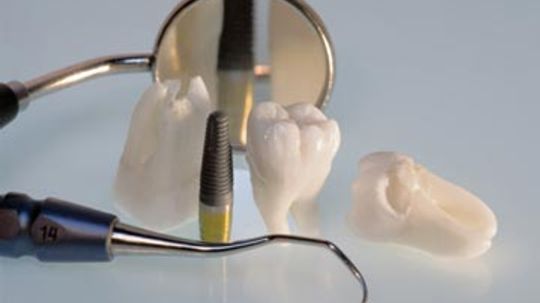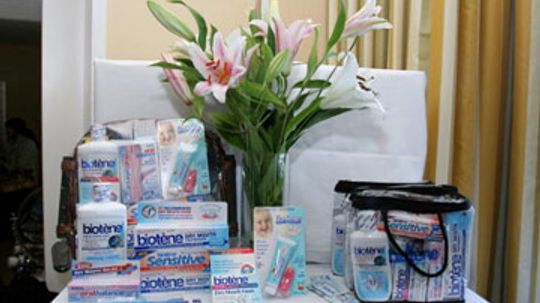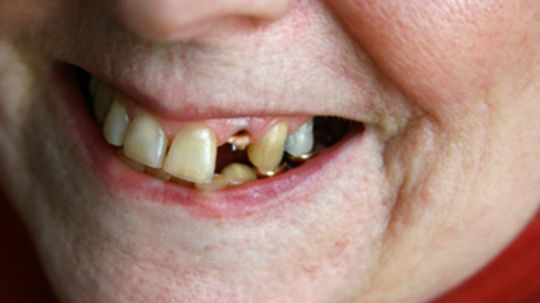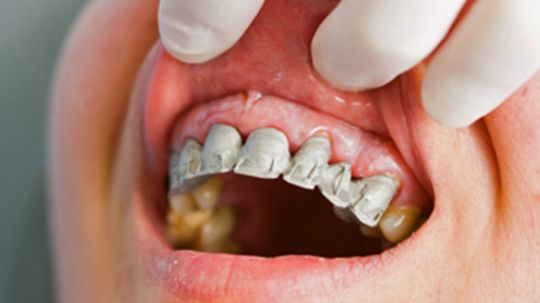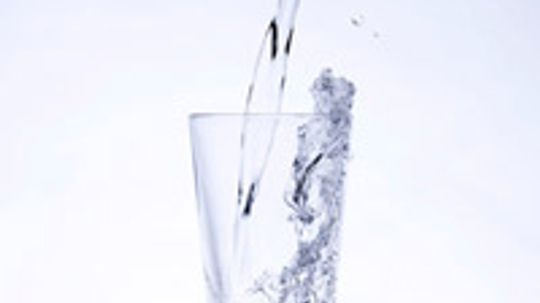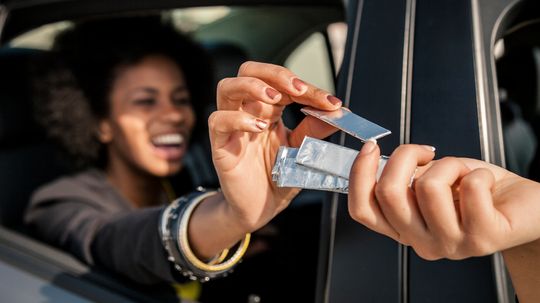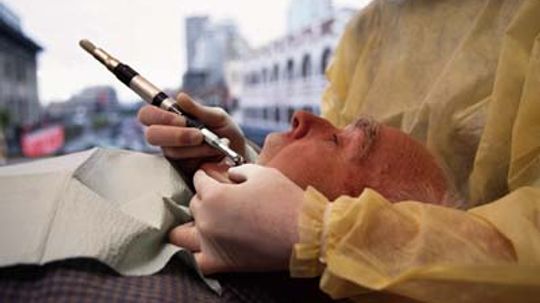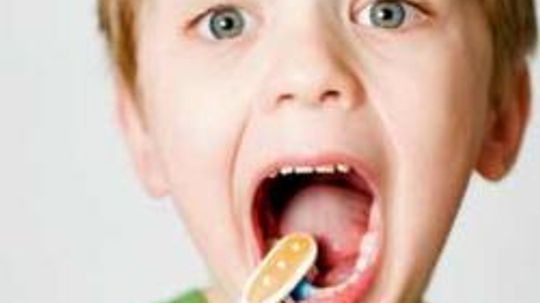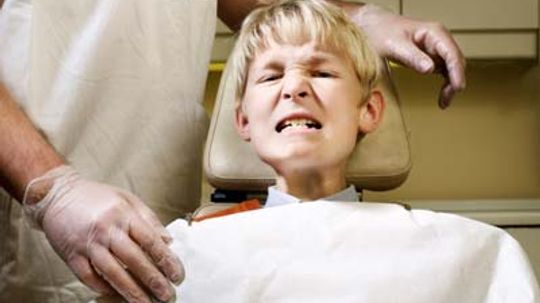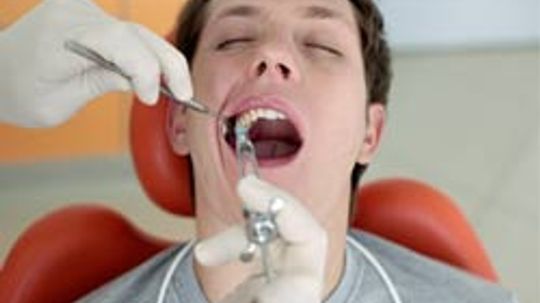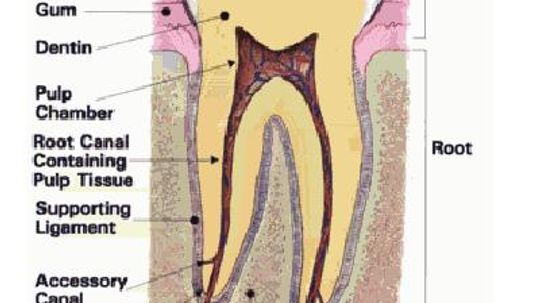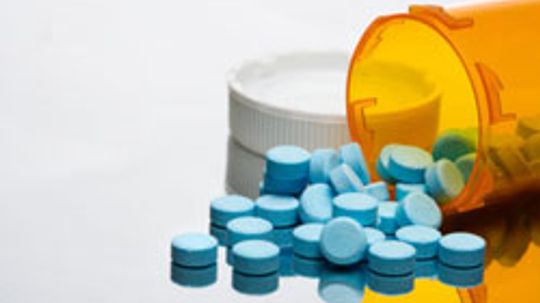Oral Care
You may not like the dentist, but keeping up with oral care can help you avoid bigger problems in the future. Learn all about dental procedures and dental problems to get your oral care on track.
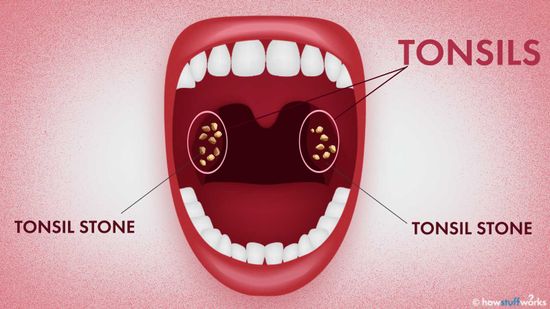
What in the World Are Tonsil Stones?
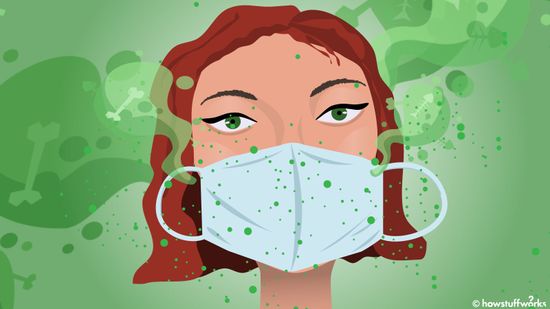
How to Combat 'Mask Breath' and the Pandemic of Halitosis
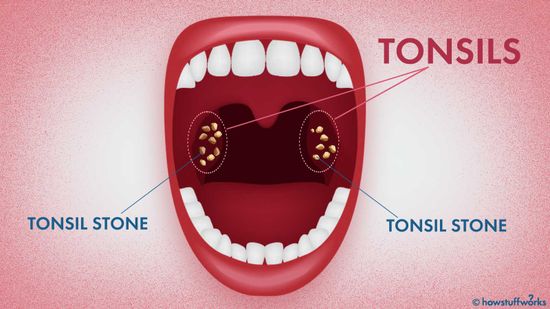
What in the World Are Tonsil Stones?
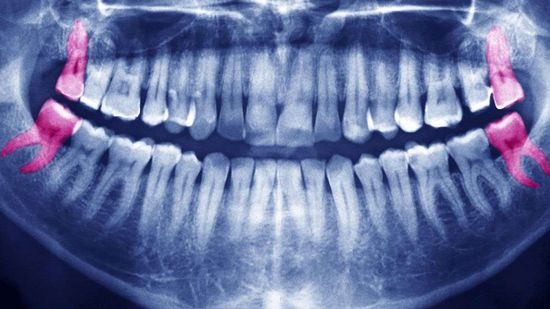
Wisdom Teeth Can Stay, Says Oral Surgery Organization
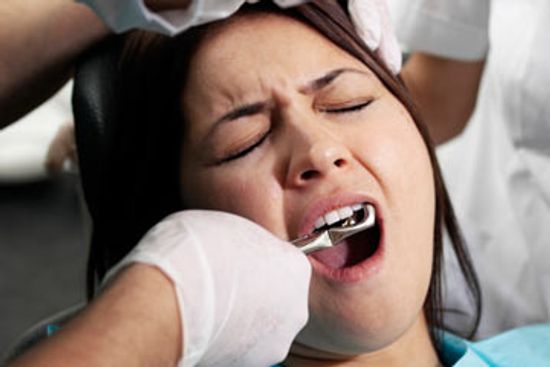
Dental Work and Pericarditis
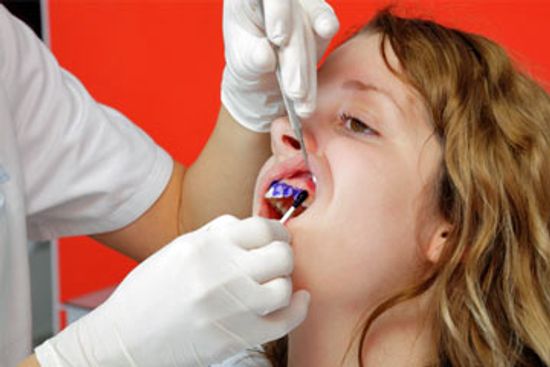
Professional Fluoride Treatment

5 Foods That Are Good for Kids' Teeth

5 Great Brushing Teeth Games for Kids
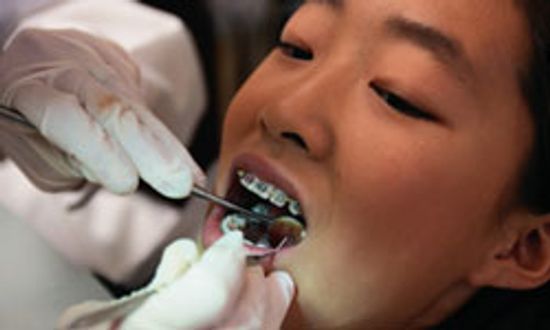
5 Teeth Straightening Options for Kids
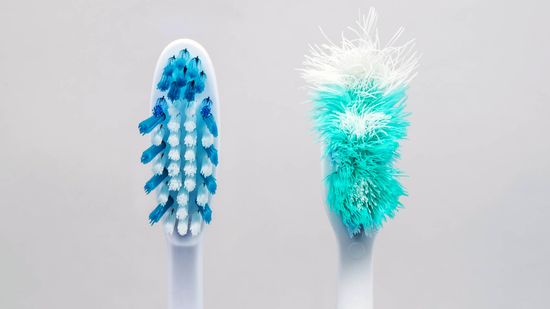
How Often Should You Replace Your Toothbrush?
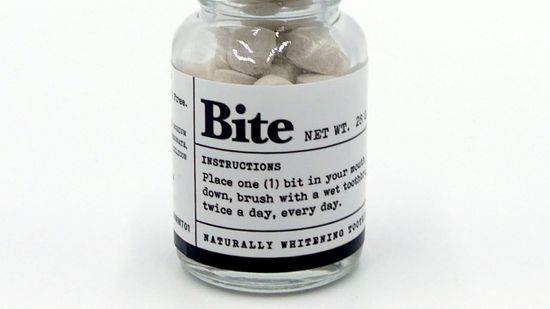
Toothpaste Tablets: A New Way to Brush Your Teeth
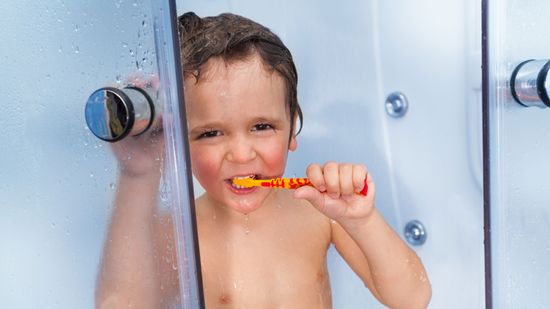
Who Brushes Their Teeth in the Shower?
Learn More / Page 5
A water flosser can do wonders for your teeth, but you may have to use a variety of tips to get the healthiest mouth on the block.
By Sara Elliott
Plaque may be your teeth's enemy, but it can't hide forever. Using plaque-disclosing tablets can help make sure it's removed completely during brushing and flossing.
Tongue scrapers are said to help remove the bacteria that causes bad breath. But is using one any more effective than just brushing your tongue?
By Tom Scheve
Advertisement
Using a dental scaler can be an effective way to help keep your teeth free of plaque and stains. How can you use one correctly?
By Tom Scheve
Some argue that using a dental pick is more effective than flossing when it comes to cleaning between your teeth. But is it safe to use a dental pick without a dentist's supervision?
By Tom Scheve
You're watching your TV when an ad tells you how white your teeth can be. It may not be a "Satisfaction" redux, but it is appealing. Do DIY tooth polishers really work?
By Robynne Boyd
You may have seen DIY dental kits for sale online and wondered if you could save a few visits (and bucks) at the dentist. But these can do costly damage to your teeth.
Advertisement
Dry mouth isn't just an annoyance; it's actually a common -- and dangerous -- health problem. It has a variety of causes, but does Biotène make an adequate cure?
Delaying a root canal can lead to any number of bigger issues, including losing your tooth and, in the worst cases, even death.
By Sara Elliott
Your gums may bleed for any number of reasons. Some causes are pretty common and will clear up on their own, but a few may be the sign of something more serious happening.
Impacted wisdom teeth can be quite painful, but there are simple steps you can take to stop the pain. Read the article below to learn how to stop wisdom tooth pain.
Advertisement
For several decades, fluoride has been added to water in efforts to prevent tooth decay. However, many are rethinking the safety and success of such measures. Learn about the pros and cons of water fluoridation.
What's more uncomfortable than having a conversation with a close talker? Having a conversation with a close talker who's sorely in need of a breath mint. Bad breath happens to good people, but why?
Fluoridated water helps strengthen our teeth. But are we getting too much of a good thing? Some European countries have banned fluoride in drinking water.
By Julia Layton
We all know things can go wrong with teeth. However, the good news is that most dental afflictions are preventable. Learn about the dental disorders that threaten your oral health and how to thwart them.
Advertisement
Of all the health problems that can plague us, those involving our teeth are probably the most preventable. Learn about the few simple habits that are all you need to maintain good oral hygiene.
The toothache isn't easy to endure. The good news: With improved dental care, the a toothache is not as common as it once was. Learn what to do when a toothache does make an appearance.
Gingivitis is the first stage of gum disease. According to the ADA, gum disease is the leading cause of tooth loss among adults. Learn how to care for your gums to ease or avoid gingivitis.
Everybody handles excess stress differently. Some people develop an ulcer, some people develop high blood pressure, and some people grind or clench their teeth.
Advertisement
We all know eating sugar can cause cavities, but what is a cavity, exactly? This article explains what happens to your tooth when you have a cavity as well as what your dentist has to do to fix it.
Ever wonder how it is that something as incredibly hard as a tooth can get a hole in it? Learn how cavities form and how dentists create fillings to rebuild teeth, then learn how you can prevent cavities in the first place.
Antibiotics usually not needed for people with artificial joints
